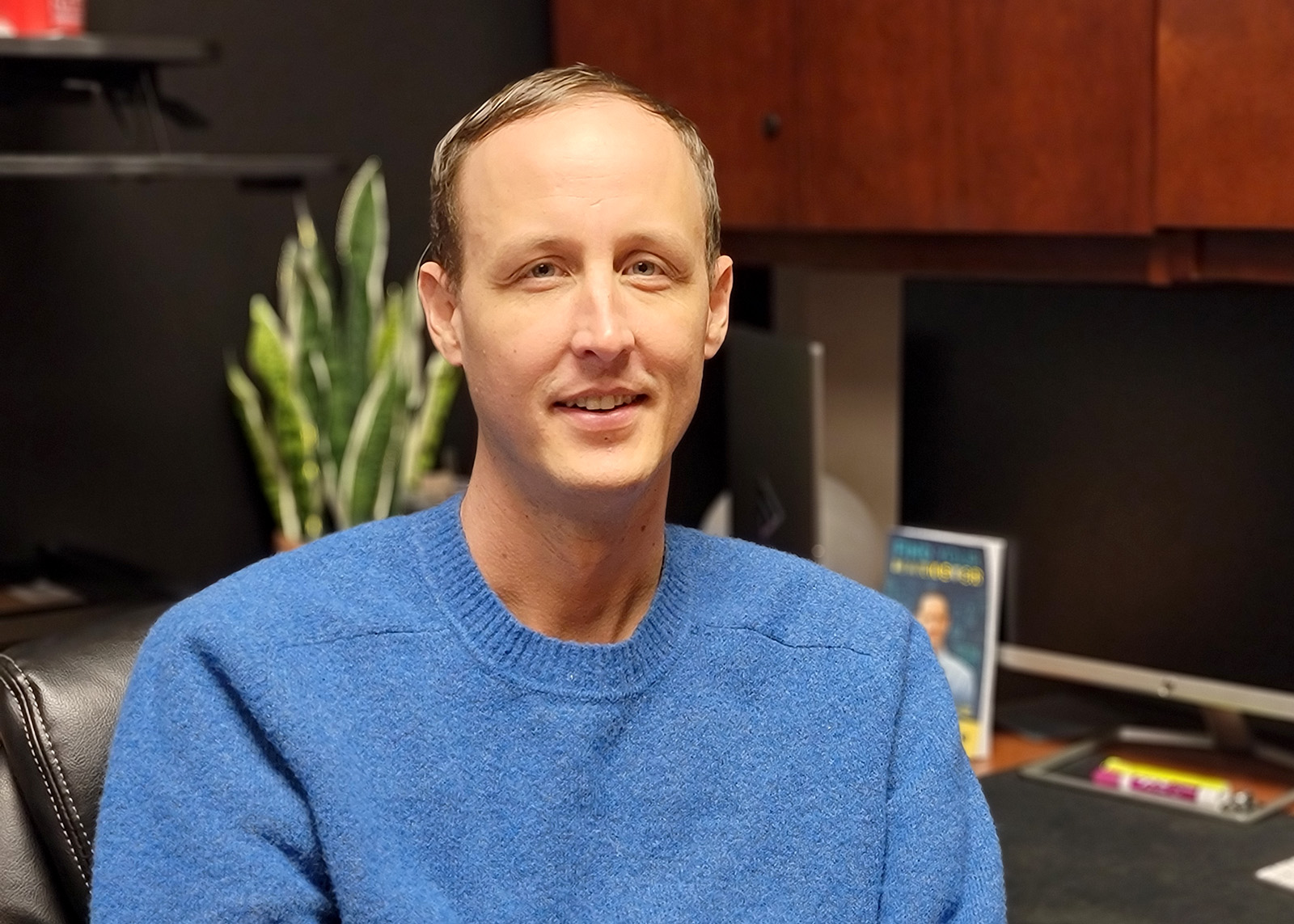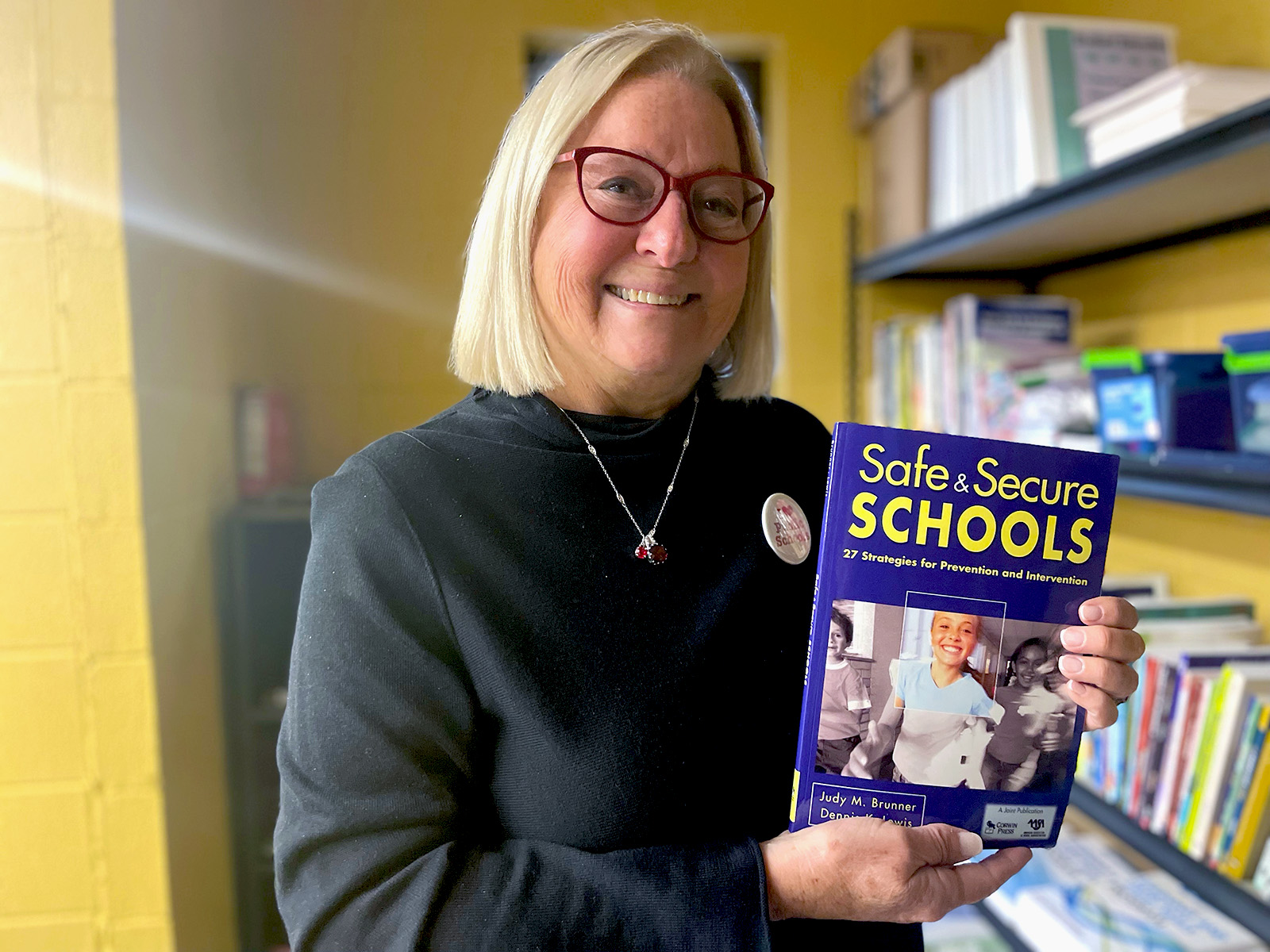IN-DEPTH |
First in a series of in-depth reports on key issues facing Springfield Public Schools and on candidates seeking school board seats in the April 4 election.
During a budget presentation at a January Springfield Public Schools board meeting, administrators revealed the latest total of teachers to give early notice that they were leaving the district.
As of January 2023, 88 had done so during the current fiscal year, which ends in June. The full year prior, 135 teachers gave early notice of retirement or resignation, which was the most recorded in the past four school years.
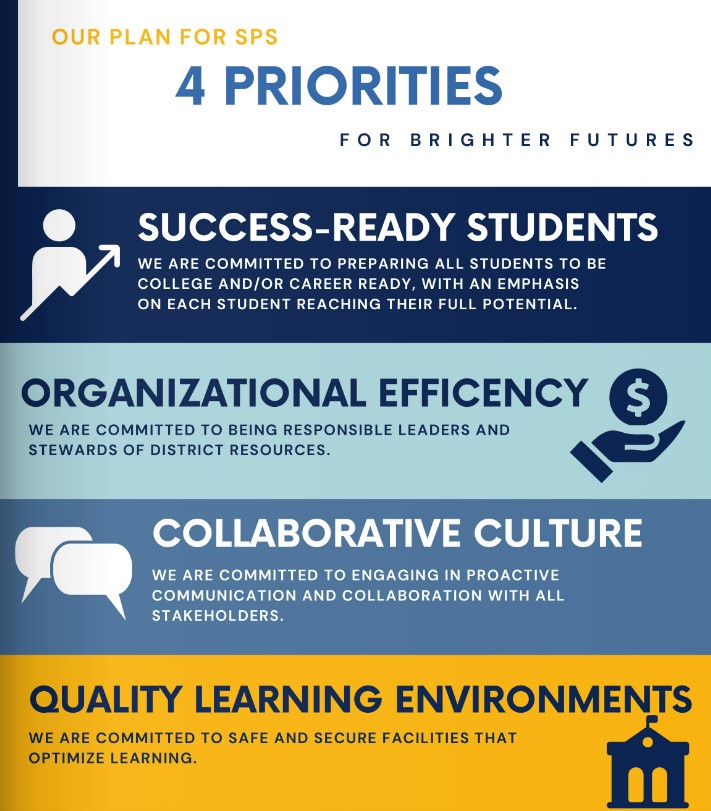
The teacher shortage continues to be a workforce issue of national, statewide and local concern. The state’s education department recently commissioned a panel to examine how best to attract and retain educators in Missouri, and it released its recommendations last fall.
In Springfield, the district’s new strategic plan calls for the district’s deputy superintendent of operations and chief human resources officer to develop a five-year compensation and retention plan for all staff.
The plan was shaped over months of collaboration between the SPS school board, Superintendent Grenita Lathan and SPS administrators and staff.
One current board member, Shurita Thomas-Tate, is seeking re-election on April 4, and three others — Landon McCarter, Judy Brunner and Chad Rollins — are looking to fill one of the two open seats on the board.
In interviews with the four candidates, they shared what issues need to be addressed to make the district attractive to current and prospective teachers.
Addressing student behavior top concern for McCarter, Rollins — Thomas-Tate, Brunner say it’s among concerns
When McCarter met with members of the Springfield National Education Association during the group’s school board endorsement process, he told the panel of educators that teachers and parents were telling him student behavior is a top district issue that needs to be addressed. McCarter said one of the panelists responded by saying, “Like throwing a metal Nalgene bottle at my head?”
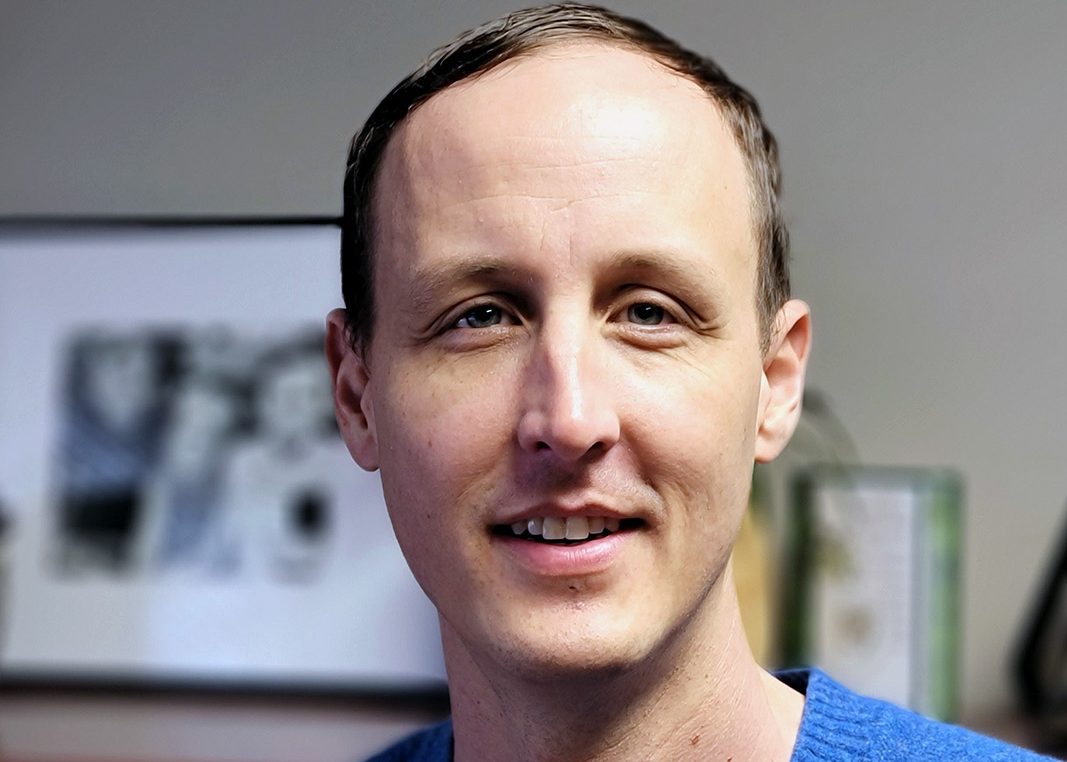
McCarter said he has often heard concerns about behavioral issues in classrooms being distractions for teachers and students alike.
Rollins said he has heard similar concerns in conversations with several teachers. When asking them about teacher shortage issues, he said he expected to hear about pay and benefits. Instead, he said, “almost all of them across the board pointed to student behavior in the classroom.
“One teacher, in particular, told me that it may take 15 minutes to get the class just settled, to where they can teach, and it's just a few students that caused the problem,” Rollins said.

“For example, he told me if they had 30 students, there might be five or so that are pretty disruptive, 10 or so that are there just to learn, and then there's all these in the middle. And he feels like that if they could somehow take care of those disruptive students, then you would get those middle ones to have a better education ... just by settling down the environment in the classroom.”
McCarter said, “We're asking (teachers) to be social workers, and, even in some cases, police officers.”
Neither McCarter nor Rollins received endorsements from the SNEA. The endorsement committee pointed to Thomas-Tate’s advocacy on behalf of children in the district, as well as Brunner’s experience as a principal in different geographic and socioeconomic environments across the district. But in interviews with the Daily Citizen, Laura Mullins, the union leader, has cited behavior issues that have been exacerbated by the pandemic-era disruption to learning.
Last April, she said she appreciated the administration was evaluating district policies, including the disciplinary code for SPS students. That process continues, said SPS spokesman Stephen Hall. “The district continues to evaluate support for discipline and classroom behavior,” he said.
Mullins said last week that student behavior remains an issue, and has been since students returned to full-time, in-person learning after COVID precautions eased.
“It is definitely at the level that it needs to be addressed,” Mullins said. “I think that the board, their job is to ensure that administrators are doing their part in keeping classrooms safe and effective for learning.”
Brunner, who has consulted with school districts across the country on improving school safety and responding to bullying, said behavior issues are among the challenges facing teachers, but did not want to rank any issue as a top one in terms of what causes a teacher to leave a district. Thomas-Tate said that while there are behavioral challenges in SPS classrooms, they aren’t happening on a day-to-day basis at every school. She said teachers need to be able to take some of their non-instructional responsibilities off of the table. Thomas-Tate said people pushing behavior challenges as the primary narrative of what is driving teachers from the profession is designed to undermine the value of public education.

“Let us make it look so bad that you want to take your students out of public education and take your dollars out of public education,” she said. “Now, if you visit schools, you'll see a handful of behavior issues. Do they come up? Absolutely. And are some of them really bad? Absolutely. But it is not what you see on a day-to-day basis at all of our schools.”
The most recent SPS annual report, for the 2021-2022 school year, shows students at all the district’s schools received a total of 7,278 in-school suspension days and 3,573 out-of-school suspension days. Those are higher totals than the previous two school years, but in-person learning didn't take place throughout either of them. (There isn't data for a similar period before the pandemic, because the discipline policy has changed.)
A recent National Education Association survey of teachers union members that was cited by the Missouri commission on teacher retention shows that behavior issues were on many teachers’ minds during the pandemic, but not as much as other concerns. Seventy-six percent of national respondents said student behavior issues were serious or very serious issues they experienced during the pandemic. That high percentage, however, ranked sixth among issues teachers said they’d experienced. From first to fifth, it fell behind burnout, general pandemic stress, COVID-related student absences, greater workloads due to unfilled staff positions and low pay. Student behavioral issues tied for sixth, with lack of respect from parents/the public.
“Behavior issues have always been there,” Brunner said.
“One of the unfortunately lasting effects of the pandemic has been academic achievement and learning suffered when we were out of school and just trying to manage that whole event. But also because students were not in school every day for almost a year and a quarter, some, honestly, just forgot how we do school.”
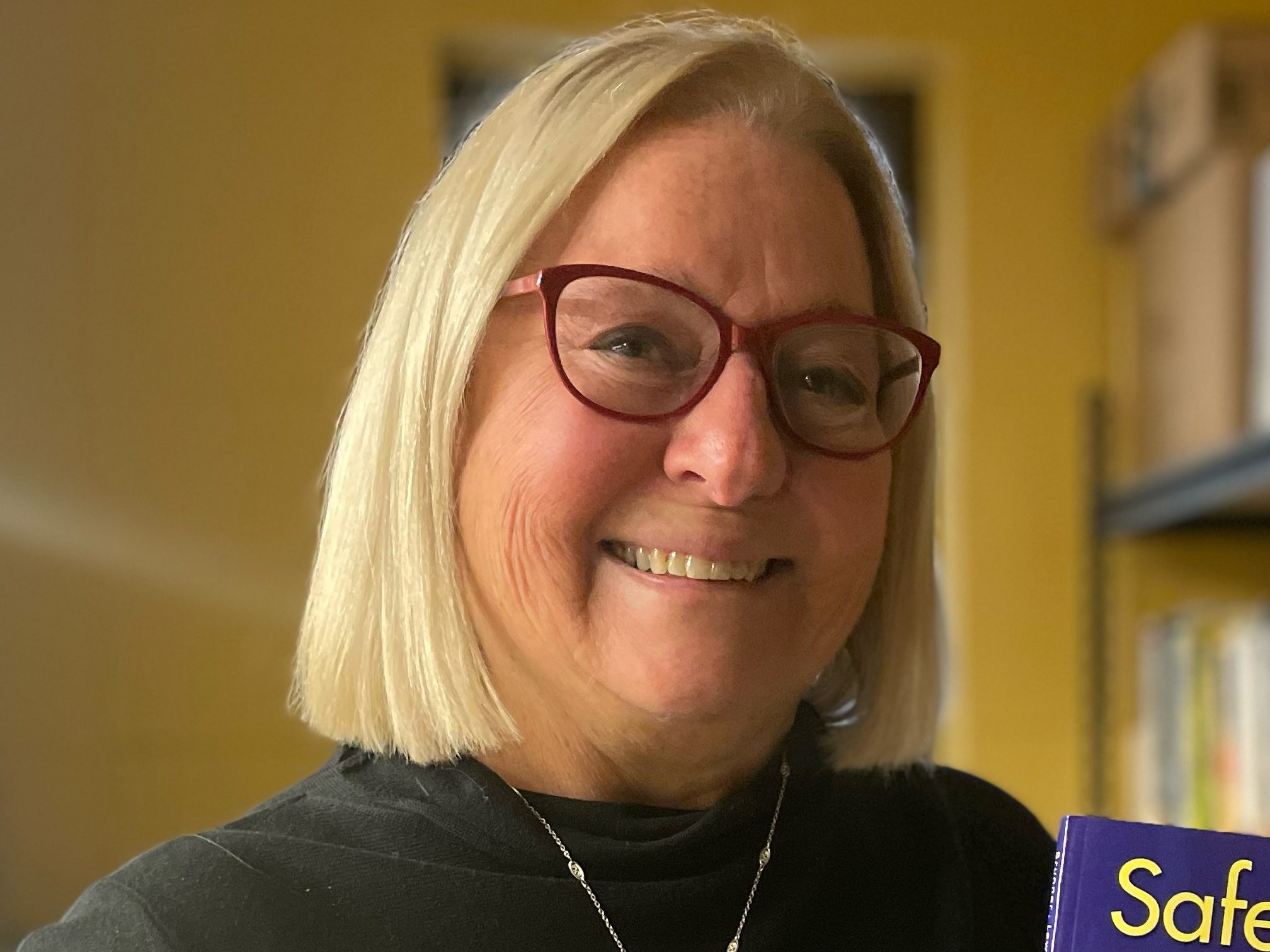
Reducing disciplinary issues is one reason Thomas-Tate has expressed support during board meetings for student mentorship programs linked to the district’s Office of Equity and Diversity. During a Nov. 29 board presentation that highlighted student achievement tied to participation in Brother 2 Brother (formerly known as the Student African American Brotherhood), Young Ladies of Purpose and other empowerment groups, Thomas-Tate asked staff members about the relationship between discipline and students who participate in the programs. Several staff members said that, while the groups are not targeted at students with behavior issues, they serve to incentivize good behavior. If you misbehave in school, you aren’t able to participate in the groups, they said.
“I think that’s what I was trying to get at, and I know the research that talks about students who are more engaged,” Thomas-Tate said. “Those are students who are going to perform better academically. They’re going to have better attendance and they’re going to have better behaviors when they are engaged and they have a sense of community and belonging.”
A special education professor, Thomas-Tate said, “we definitely have some challenges that need to be addressed” with regard to behavior issues in SPS. But she also said that a public school system does not choose who gets an education and who doesn’t, and must make adjustments in practices and policies to be inclusive to every student, including those with behavior issues.
McCarter said he recognizes that administrators can’t simply tweak a policy and solve the behavioral problem, but he said the district has the resources to figure it out.
“We have $340 million,” he said, referencing the district’s annual budget. “So figure out how to solve these problems. And how do you eat an elephant? One bite at a time. There is no golden bullet. There's no silver string we can pull. There's no just magical answer. I certainly don't have the answers, but I can tell that I will work with my team, all other six board members to try and do the best that we can to eat the elephant one bite at a time.”
Compensation needs to remain competitive, candidates say
Thomas-Tate questioned the narrative of a mass exodus of teachers, saying there has been a longtime struggle to retain teachers and that recent departures are within the margins of what has been historically happening. She said that narrative also serves the “purpose of disrupting the belief in and value of public education.”
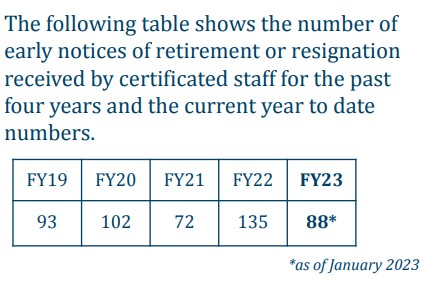
“I think the number of teachers who are leaving the profession are close within margin of what has been happening always, including in SPS,” she said. “There are societal issues that are making it more difficult for us to recruit and retain teachers, including the pandemic, and including this — my opinion — assault on public education.”
But, she added, teachers need to get paid, too.
“So in order for us to attract and maintain the teachers that we have, and get more teachers, what needs to happen?” she said. “Well, while the state of Missouri has talked about increasing the overall pay for teachers, Springfield already surpasses that threshold. That doesn't mean that we're paying them enough. I still think that teachers need to get paid more. Again, I'm a teacher. I'm in education — higher ed. I'm underpaid, too. Missouri State University also has some of the lowest pay for colleges of its size. So I am also underpaid and overworked and am facing the same kind of issues that K-12 teachers are having. But I know, because I am an educator, that none of us get into it for the money. And we know what we're getting into, for the most part, those of us who stay. So we're committed to it beyond the struggles.
“Pay does need to get better, though. And I think that it's always about putting your money where your mouth is. When you say you value educators, then educators should be getting paid more.”
Rollins said that just because the teachers he’s talked with didn’t bring up pay didn’t mean he wasn’t concerned about it.
McCarter said he was pleased that the board signed off on a pay increase for SPS teachers last summer that brought base pay over $40,000 for the first time in district history. He said it’s important to him that the district remain competitive from a salary standpoint, even if his conversations with teachers have rarely been centered around compensation.
Brunner said that in her years as a principal, salary and benefits sometimes factored into a teacher’s decision to leave, but so could career changes, a move out of town or, these days, a workforce environment with a lot of options for someone with a teacher’s skillset.
Brunner said that, when she was a principal, she would sometimes ask teachers who were considering a career move to talk to her first. Brunner said she wanted to be encouraging, to listen and to see if she could correct or address an issue. She said that’s a mindset she’d bring to board.
That was a sentiment shared by Mullins, who said she hopes board members are able to spend time at school sites unaccompanied by administrators to see firsthand what teachers and staff are experiencing, and to listen to their needs.



